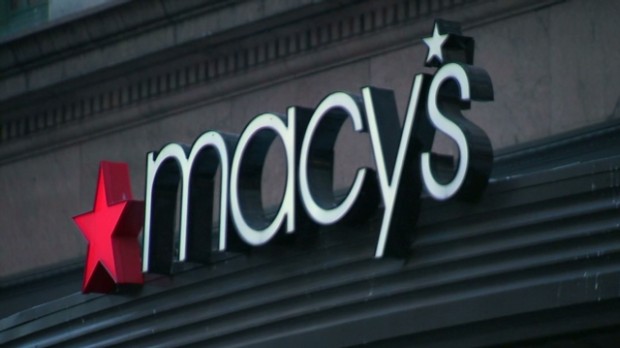 Dow 16,000? Who cares! NEW YORK (CNNMoney) Stocks gained more than 1% last week and continue to march to record highs. Some key psychological levels are in sight. But will the market keep climbing? That may depend on more news from the Federal Reserve and how much consumers are spending.
Dow 16,000? Who cares! NEW YORK (CNNMoney) Stocks gained more than 1% last week and continue to march to record highs. Some key psychological levels are in sight. But will the market keep climbing? That may depend on more news from the Federal Reserve and how much consumers are spending. The Dow Jones Industrial Average is closing in on 16,000, while the S&P 500 is inching toward 1,800. The tech-heavy Nasdaq is nearing 4,000, a level not seen since September 2000, just months after the tech market collapsed.
Ongoing stimulus measures from the Federal Reserve have fueled the bull market for the past several years, and investors were encouraged last week by comments from Janet Yellen, President Obama's nominee to be the next Fed chair. Yellen, who may be confirmed by the Senate as soon as this week, told the Senate Banking Committee the Fed will continue to support the economic recovery.
Top Dividend Stocks To Watch Right Now
She added that the Fed's $85-billion-per-month bond-buying program still has the power to help reduce unemployment.
The Fed will remain in the spotlight this week, as investors parse through minutes from the central bank's last meeting in late October.
The Dow is up more than 20% this year while the S&P 500 and Nasdaq have gained more than 25% and 30% respectively. That has raised questions about whether stocks are overvalued. But Yellen assured lawmakers that she's not seeing any major bubbles forming.
Data seems to support that. The S&P 500 is trading at 17 times earnings from last year, just slightly above the historical average of 16, according to Bank of America (BAC, Fortune 500) Merrill Lynch.
In the bubble days of 2000, the index was trading at nearly 30 times trailing earnings. And analysts expect earnings will continue to grow next year, which should justify further increases in the broader stock market.
Consumers in focus: Investors will be paying particularly close attention to a slew of earnings reports from some of the nation's largest retailers to get a fresh pulse on how consumers are feeling with the holiday shopping season just around the corner.
Last week, investors received a mixed bag of results from three top retailers. Macy's (M, Fortune 500) blew away forecasts but Wal-Mart (WMT, Fortune 500) and Kohl's (KSS, Fortune 500) both issued disappointing guidance.
Best Buy (BBY, For! tune 500) and J.C. Penney (JCP, Fortune 500), both of which are in the middle of turnaround plans, are among the first to report next week.
Investors are encouraged by the signs of life from Best Buy. They've sent shares of the once ailing electronics retailer up nearly 270% so far this year, making it the second best-performing stock in the S&P 500, just after Netflix (NFLX). It is scheduled to report earnings on Tuesday.
And even though J.C. Penney is expected on Wednesday to report a wider loss than a year ago and another drop in sales, the stock has rallied lately on hopes the worst is over. Several hedge funds have also bought stakes in J.C. Penney lately, another sign that the stock may have bottomed.
Struggling teen retailer Abercrombie & Fitch (ANF), which is among the worst-performing stocks of the year, is also on tap to report earnings. The company already warned of a big sales decline.
Target (TGT, Fortune 500), Gap (GPS, Fortune 500) and Victoria's Secret and Bath & Body Works parent L Brands (LTD, Fortune 500) are reporting their latest results this week as well.
 Retail's good, bad, and ugly
Retail's good, bad, and ugly Earnings from off-price leaders Ross (ROST, Fortune 500) and TJX (TJX, Fortune 500), owner of T.J. Maxx and Marshalls, as well as discount chain Dollar Tree (DLTR, Fortune 500), could show that consumers are continuing to gravitate to retailers that offer the biggest bargains.
Home Depot (HD, Fortune 500) and Lowe's (LOW, Fortune 500) are also scheduled to report earnings. Results from these two home improvement retailers are a key gauge of the housing recovery, which has helped boost the economy this year.
The Census Bureau will release October figures for ! retail sa! les on Wednesday. ![]()
No comments:
Post a Comment